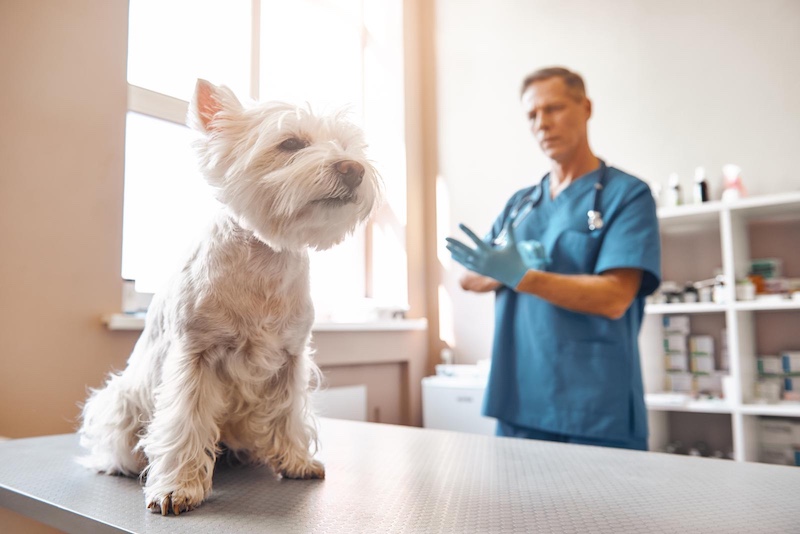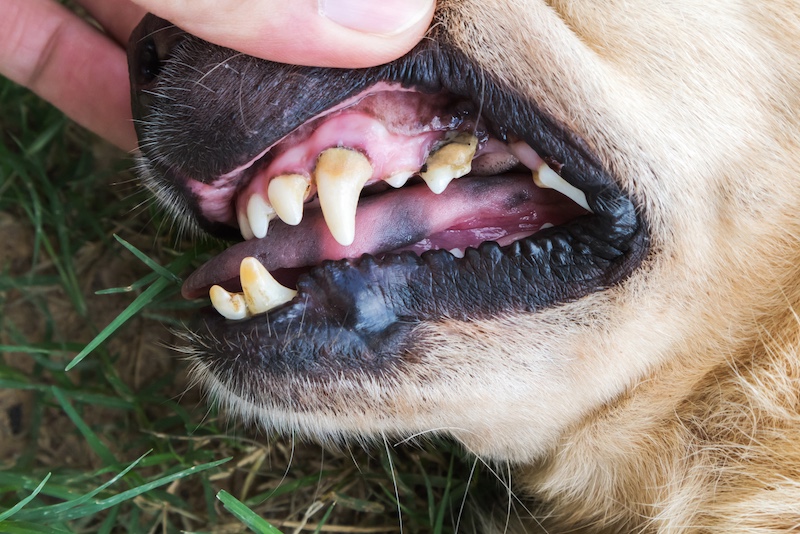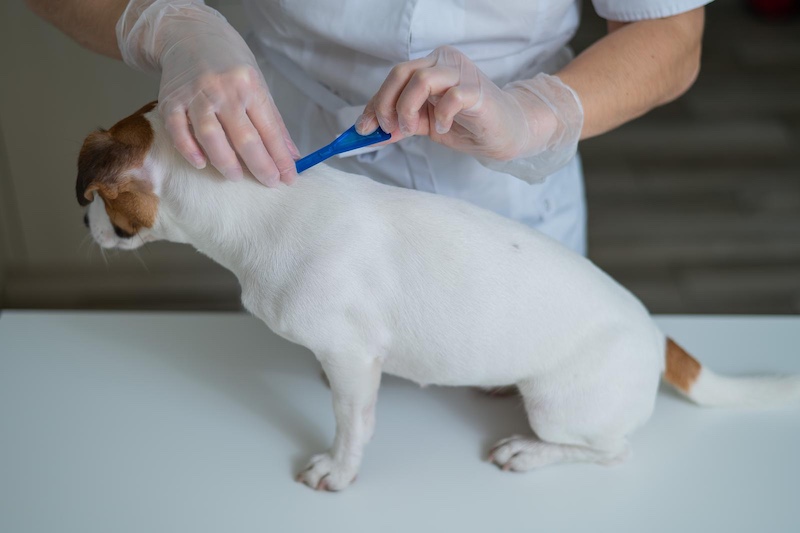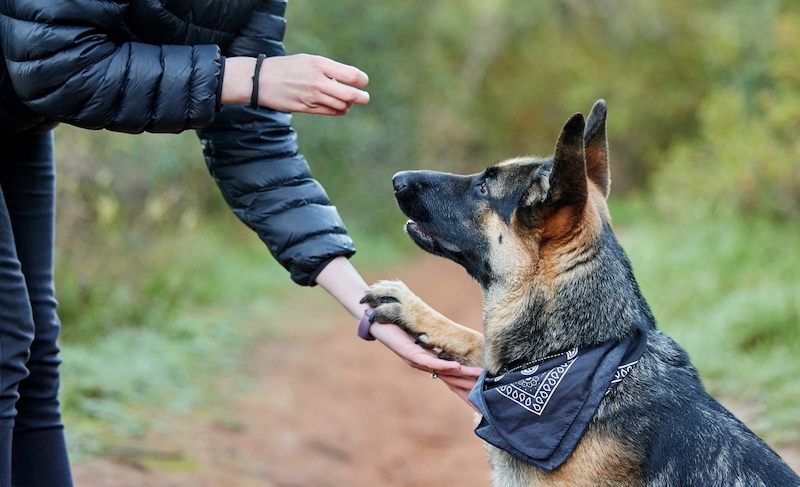As dog owners, we all want our pets to live long, healthy, and happy lives. But even with the best intentions, many pet parents make mistakes that can unknowingly shorten their dog’s lifespan. From overlooked health habits to misunderstood behaviors, these seemingly small missteps can add up over time. Here are 10 common ways dog owners may be putting their beloved pets at risk without realizing it.
Skipping Annual Vet Visits

Even if your dog seems perfectly healthy, regular vet checkups are essential. Annual exams help catch issues early—like heart disease, dental problems, or cancer—before they become life-threatening. According to the American Veterinary Medical Association, preventative care significantly improves long-term health outcomes.
Letting Obesity Go Unchecked

Overfeeding and under-exercising are a dangerous combination. The Association for Pet Obesity Prevention estimates that over 55% of dogs in the U.S. are overweight or obese. Excess weight increases the risk of diabetes, joint problems, and heart disease—all of which can shorten your dog’s life.
Feeding Inappropriate Foods

Many well-meaning owners share human foods without knowing the risks. Common items like chocolate, grapes, onions, xylitol (found in sugar-free gum), and even fatty scraps can be toxic or harmful to dogs. A moment of indulgence can lead to organ failure or even death.
Ignoring Dental Health

Bad breath in dogs often signals more than just stinky kisses—it can indicate gum disease, which affects around 80% of dogs over the age of three. Untreated dental disease can lead to pain, tooth loss, and systemic infections that affect the heart and kidneys.
Not Providing Enough Exercise

Physical activity is vital for a dog’s physical and mental well-being. Dogs that don’t get enough exercise are more prone to obesity, anxiety, and destructive behaviors. Regular walks, playtime, and mental stimulation help keep their bodies and brains sharp.
Failing to Use Heartworm and Flea Preventatives

Skipping monthly preventatives can be a fatal mistake. Heartworms, transmitted by mosquitoes, can live in a dog’s heart and lungs and cause irreversible damage. Fleas and ticks also carry diseases like Lyme and ehrlichiosis, which can lead to serious complications if untreated.
Allowing Unsupervised Outdoor Time

Letting your dog roam freely outside can lead to disaster. Risks include traffic accidents, poisoning from pesticides or plants, attacks by other animals, and getting lost. Keeping your dog leashed, fenced, or supervised is critical for their safety.
Not Spaying or Neutering

Beyond preventing unwanted litters, spaying or neutering your dog has health benefits. It can reduce the risk of certain cancers and infections, and prevent dangerous hormone-driven behaviors like roaming or aggression that could result in injury or death.
Neglecting Behavioral Training

A poorly trained dog is more likely to run into trouble. Uncontrolled barking, aggression, or bolting into the street can all lead to accidents or euthanasia if the behavior is seen as a threat. Early and consistent training helps your dog live more safely and harmoniously.
Assuming Symptoms Are “Normal”

Limping, lethargy, vomiting, coughing, or behavioral changes are never “just part of getting older.” Many owners dismiss these warning signs, leading to missed diagnoses of treatable conditions. Trust your instincts—if something feels off, seek veterinary advice.
- Please Note: This content was created with the assistance of AI and thoroughly edited by a human before publishing.

